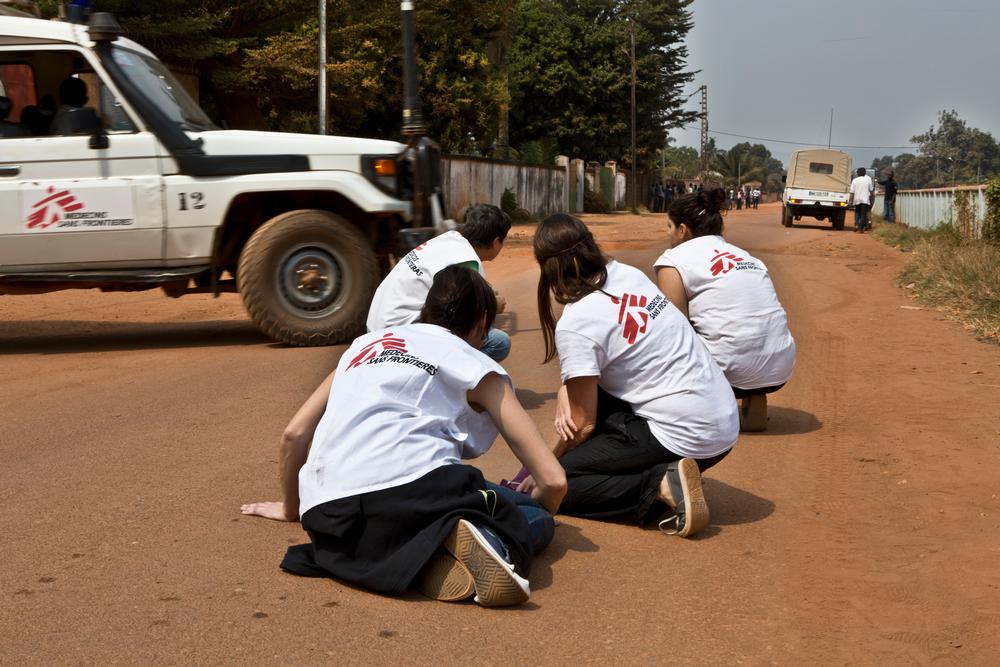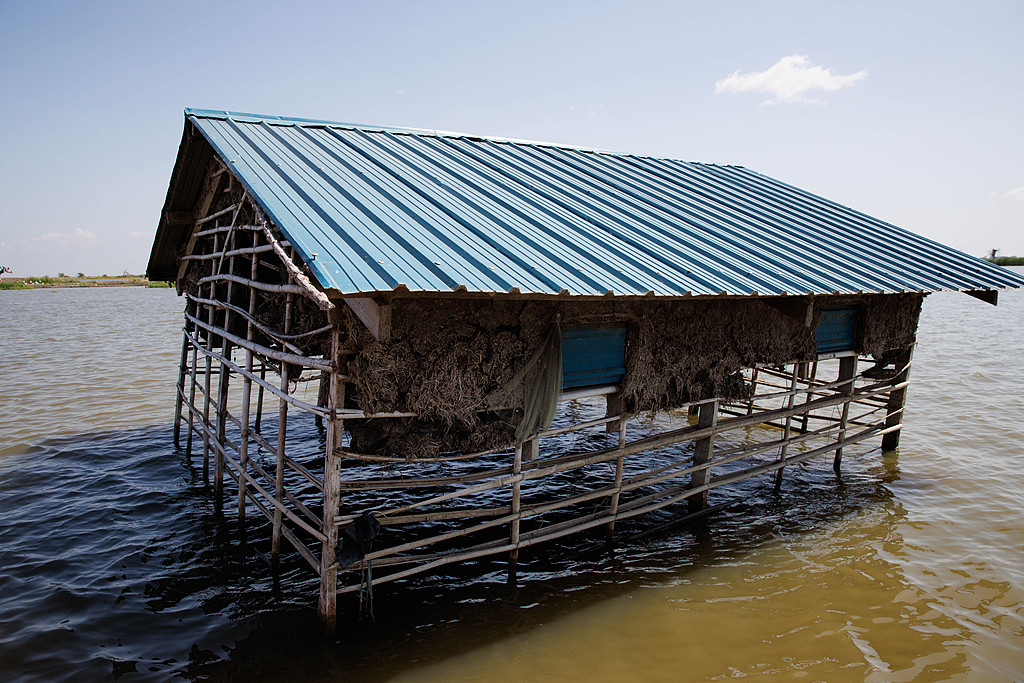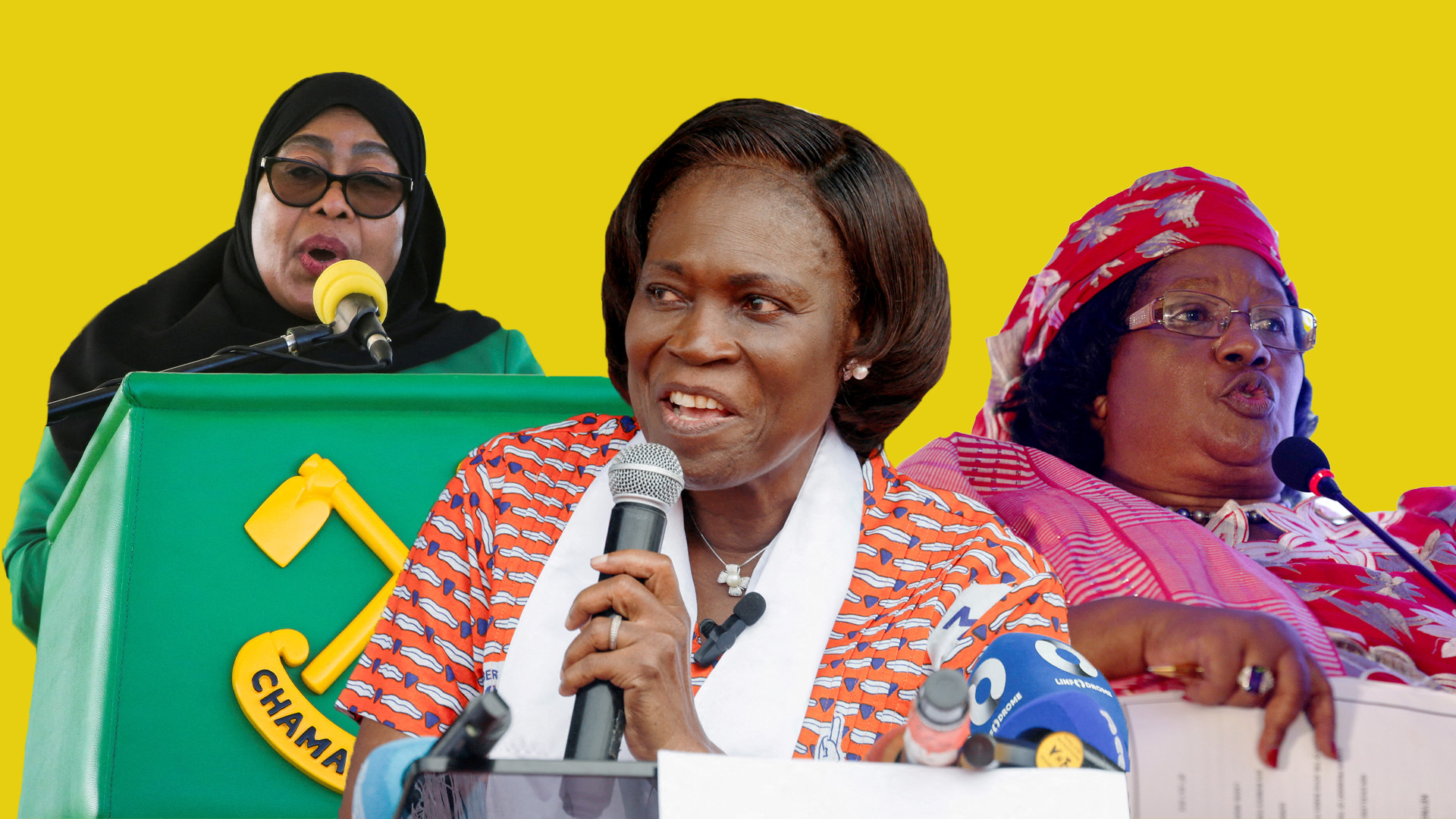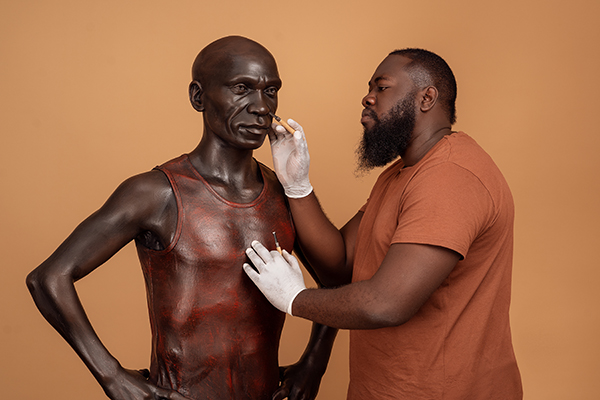
Central African Republic becomes the most dangerous place for humanitarian workers

Central African Republic (CAR) has surpassed Syria, Afghanistan, Iraq and Somalia to become the most dangerous place for humanitarian aid workers after more than 365 security incidents relating to the aid workers were recorded in 2016 according to a report by VOA.
It has become increasingly hard for the humanitarian workers to stay safe due to security challenges in the country.
Fighting between rival groups in Bambari has created a volatile environment which has disrupted aid workers from providing medical care and displaced over 10,000 people.
“Small children are not being immunized, so they are more vulnerable to those kinds of transmittable diseases or other activities in terms of prevention like diarrheal diseases,” Emmanuel Lampaert, Doctors Without Borders representative in C.A.R., said in Bangui.
Child mortality rate has increased due to lack of immunization attributed to the crisis.
International NGO Safety Organization recorded the death of five humanitarians as well 27 injuries in attacks against aid workers in the C.A.R. last year a number that is higher than in Afghanistan, Iraq and Somalia.
Aid organizations rely on the government and MINUSCA — the U.N.’s forces in the C.A.R. – to protect them and the civilian population according to Barbara Batista of the U.N.’s Office for the Coordination of Humanitarian Affairs in the C.A.R
‘While the U.N. has about 12,000 soldiers throughout the country with heavy machine guns and armored vehicles, the government’s army and police are under an arms embargo, have little training and maintain little presence outside the capital.’ Says the report by VOA
“There have been some better conditions in Bangui, or what sometimes is called the Republic of Bangui,” Emmanuel Lampaert, Doctors Without Borders representative in C.A.R. said. “But it’s clear that in the rest of the Central African territory we might say the situation has been in a full stagnation or even has deteriorated.”
Militias controlling most of the country get weapons from neighboring countries like Sudan and Chad and according to the International NGO Safety Organization there is no sign of improvement and the security situation is likely to continue to deteriorate.






